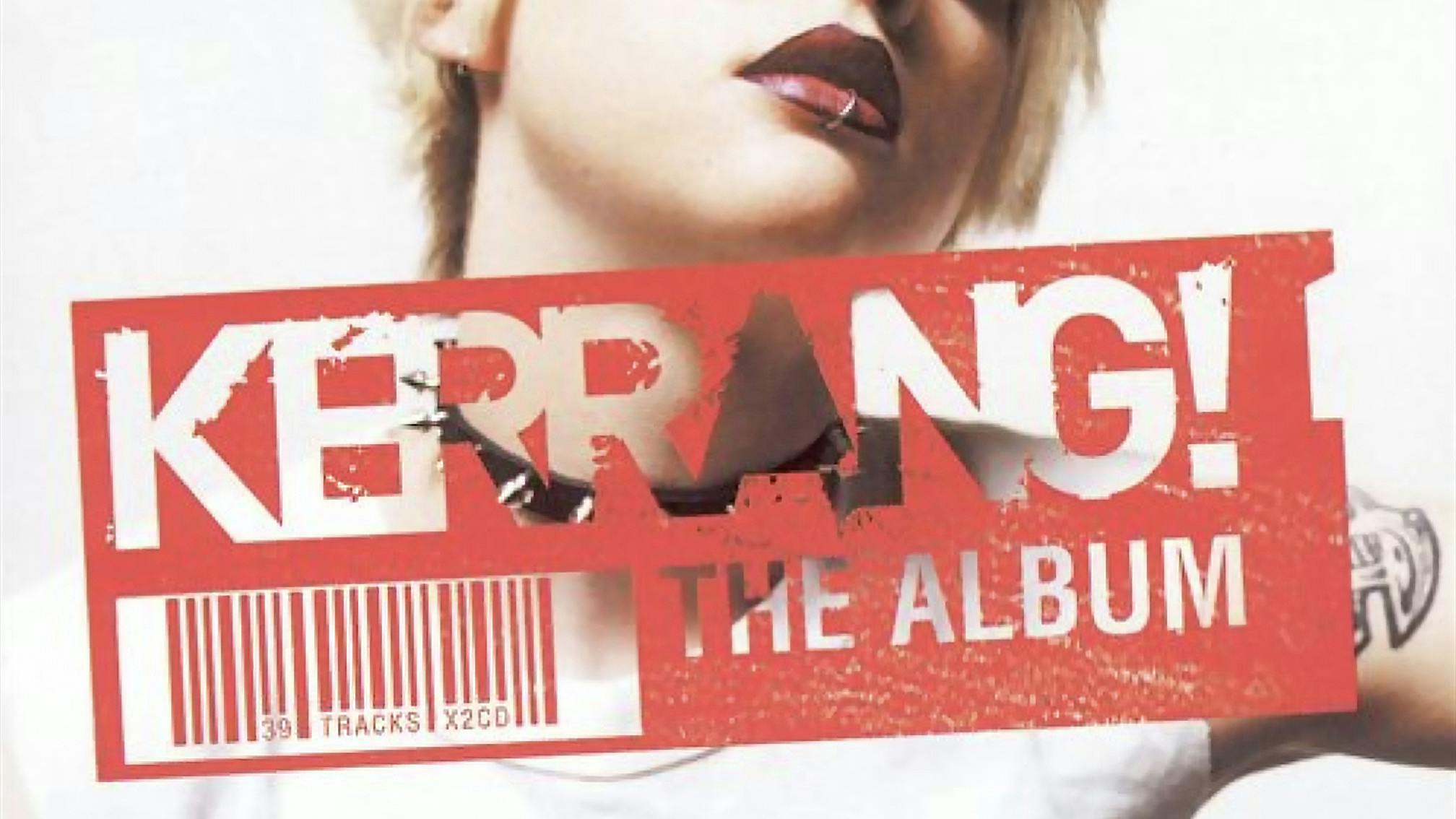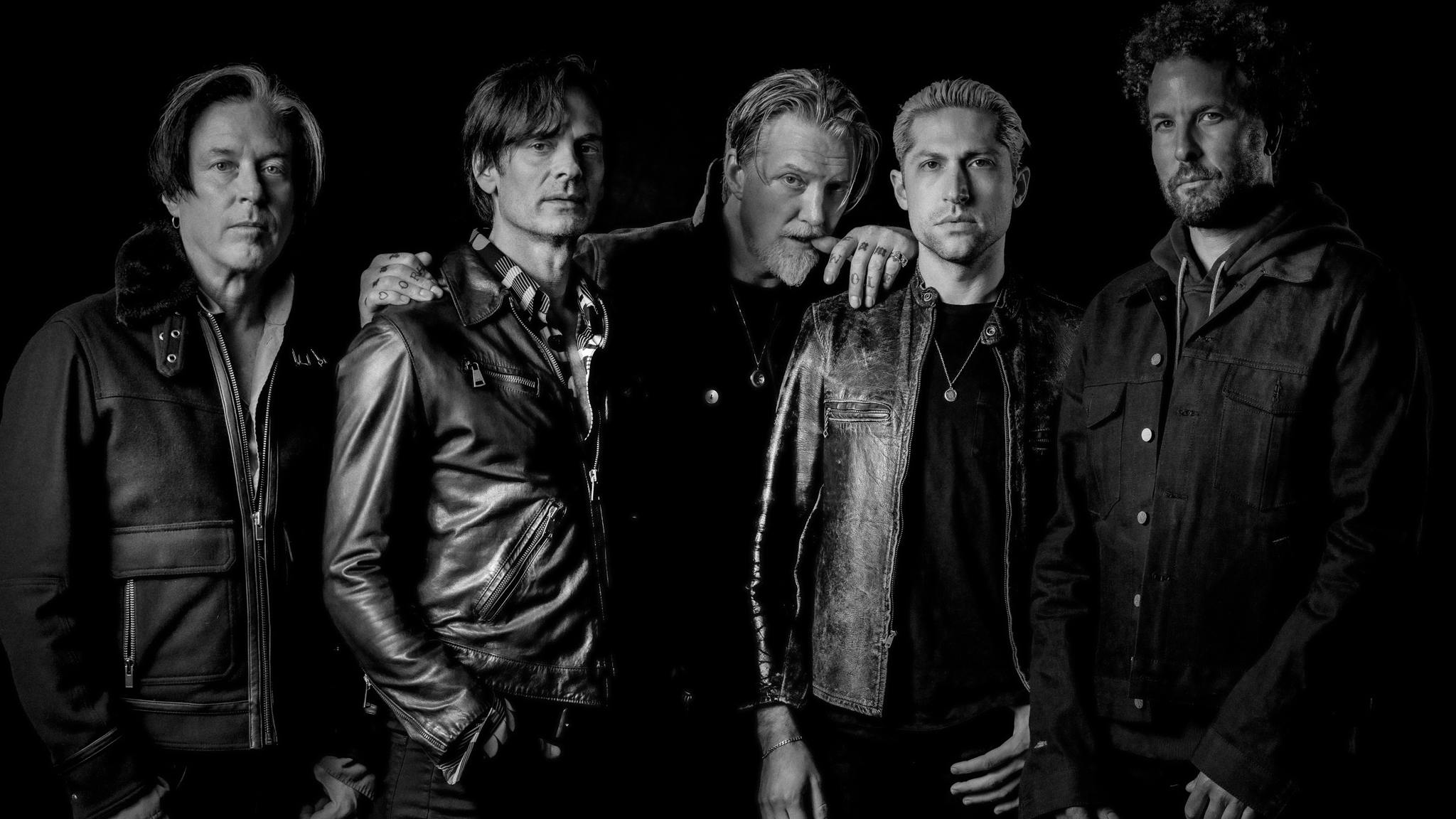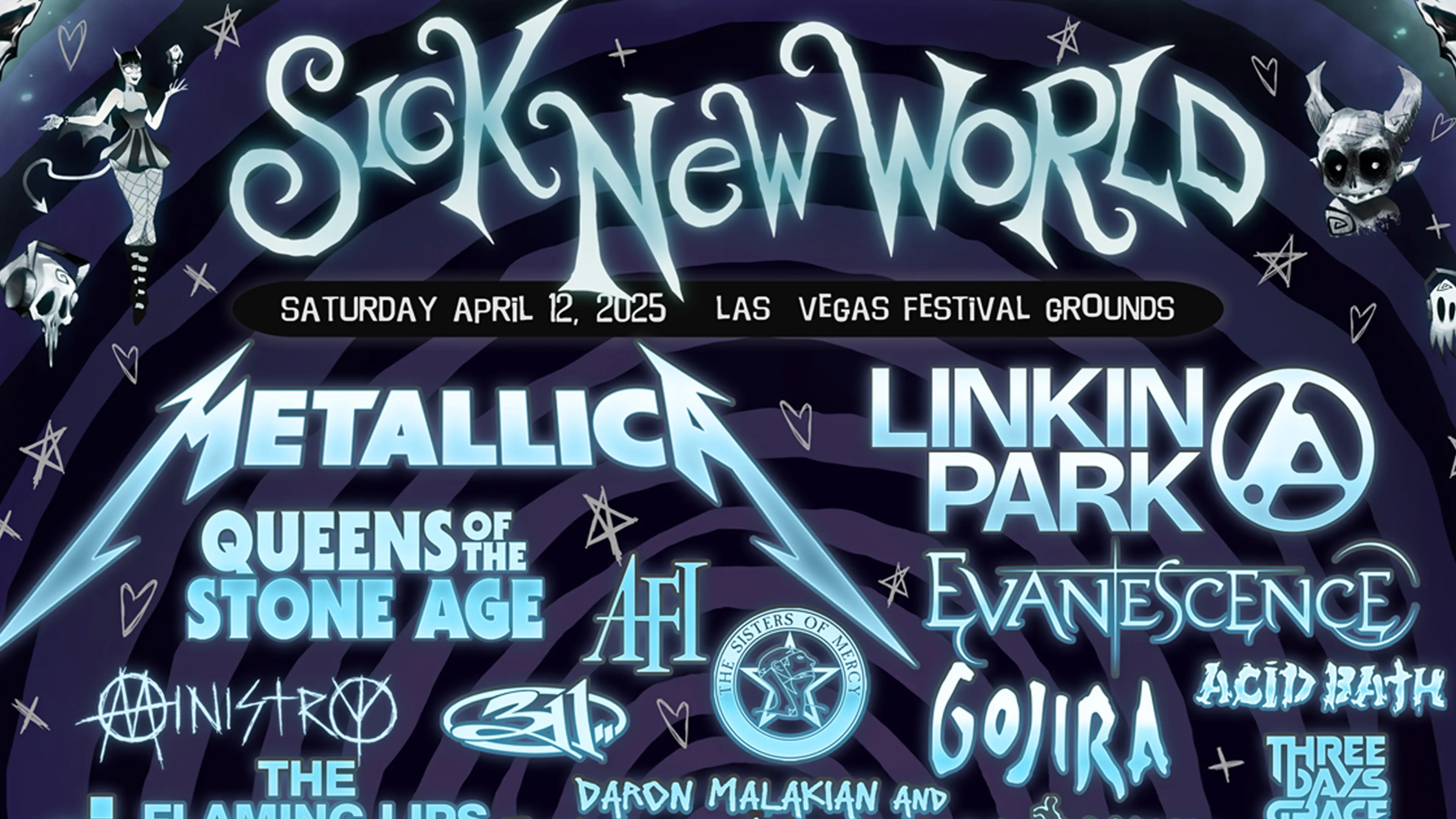Spotify was still a pipe dream back in 2001. Hell, MP3 players were just becoming mainstream following Apple’s launch of iTunes and its newfangled iPod gizmo. YouTube wouldn’t exist for another four years, let alone be a new music discovery network. Enter: Kerrang!.
Since 1981, K! has been essential for fans of heavy music hoping to find out about which acts are out there ripping up the scene and actually worth your time. And the release of the double-disc Kerrang! The Album (coinciding with our 20th anniversary) offered a hit-heavy, one-stop shop for listeners looking to acquaint themselves with rock’s hottest new sounds without smashing their bank account and ending up with a pile of CDs waist-high.
From globe-straddling nu-metallers (Limp Bizkit, Linkin Park) to rising Brit rock behemoths (Feeder, Ash) and representatives of heavy music’s old school (Sepultura, Fear Factory, Machine Head), the whole spectrum of outsider culture seemed to be represented, with many artists at the height of their powers or on the cusp of breakthrough success.
To mark the 20th anniversary of Kerrang!’s first full compilation (we have done many more since), we thought it’d be interesting to check out how those bands were doing two decades down the line…







